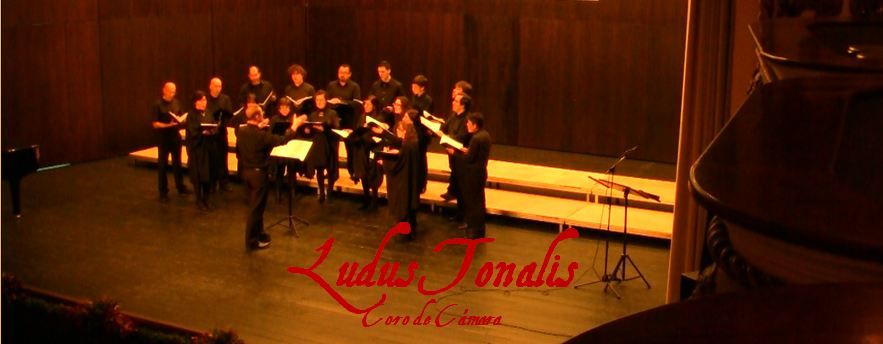

They were from old, patrician families and the young corporal spent much time in organizing chamber music concerts for his superior officers, for which he was thankful. Whereas other musicians and composers fought at the front, and some were wounded or killed, Hindemith was fortunate in his commanding officers. His ability as a violinist ensured he had plenty of work, but in 1917 he was called up for military service. Hindemith’s earliest works exhibit little of the total originality that marked them out from about 1922 onwards-chamber music featured much among them, for he played in various ensembles, largely for pleasure, not for profit. He was also a fine pianist and mastered several other instruments. By the age of twenty, and a member of the Frankfurt Opera Orchestra, he had played Bach’s Chaconne and the Beethoven Violin Concerto in public and had begun to compose.

Paul Hindemith’s gifts were wholly exceptional.

Born in 1895 near Frankfurt, the son of a house-painter, Hindemith’s early life was dominated by his strongly independent father who-himself musical-encouraged his naturally musical children (Paul, Rudolf and their sister Toni). They had first met in the early 1920s when Hindemith was leader of the Frankfurt Opera Orchestra and Furtwängler was the conductor of that city’s Museum Concerts, prior to his appointment in 1922 as chief conductor of the Berlin Philharmonic Orchestra in succession to Arthur Nikisch.ġ922 was also a significant year for Hindemith. Both of these great German musicians were in exile as a result of their opposition to the Third Reich. At that time, Hindemith was living in America, Furtwängler in Switzerland. 'Hindemith’s success lies in his being a power for order.’ Thus Wilhelm Furtwängler, writing in his Notebooks for 1945.


 0 kommentar(er)
0 kommentar(er)
